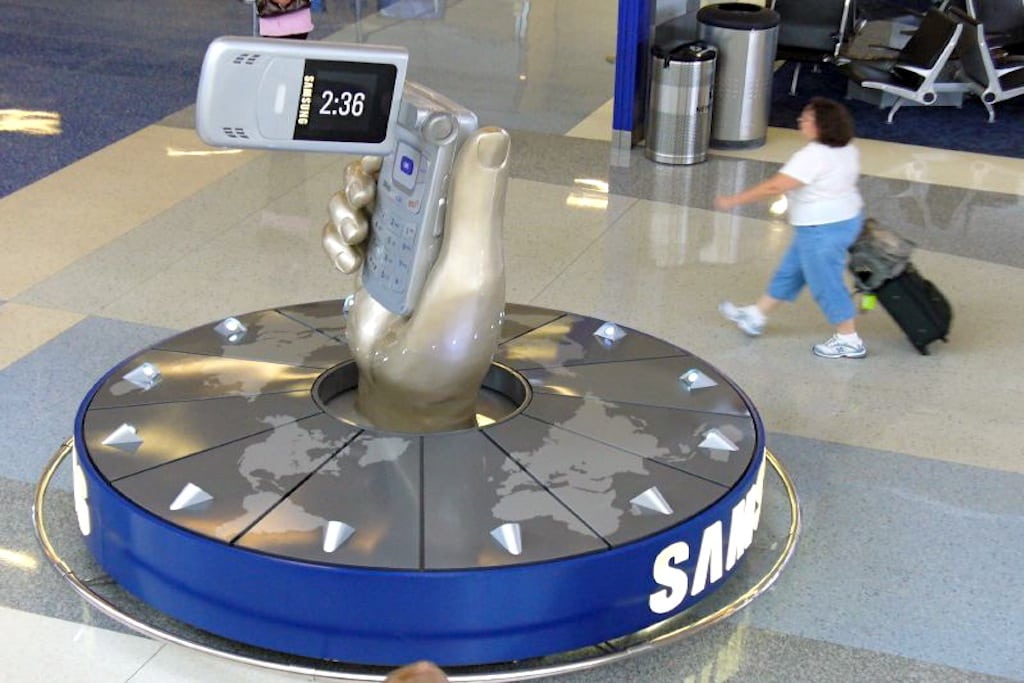Skift Take
The trove of info from these tracking programs may shorten wait times for passengers, but it will definitely pay off financially for airports.
More airports are monitoring data from passengers’ cell phones use as part of the quest to improve operations.
Looking to get ‘smart’ about how they manage passenger flow, the airports in Toronto and Copenhagen, among others, track the Bluetooth and Wi-Fi signals on passengers’ smartphones as they move throughout the airport.
The data is valuable to airports for its potential to help eliminate passenger traffic bottlenecks and determine staffing needs.
But it also offers value to passengers, the providers say. The input will help to shorten their wait times, for one thing. And in the cases of airports like Copenhagen, which offers an app it developed in concert with its tracking program, the data will give travelers useful information about their own trips. WIth advance notice that security waits are extra long, for instance, a flyer can make the decision to forego a pre-flight coffee in favor of hustling to get in line.
Perhaps most important to airports’ financial interests, the results of passenger tracking will reveal where and how airport customers spend money amid the multi-billion dollar industry of airport concessions.
The programs could even help determine where those dollars are spent, as concessions companies advertise promotions through the apps that they develop alongside tracking programs.
The Daily Newsletter
Our daily coverage of the global travel industry. Written by editors and analysts from across Skift’s brands.
Have a confidential tip for Skift? Get in touch
Tags: smartphones
Photo credit: A giant cell phone in Terminal D at the Dallas Fort Worth International Airport. Kevin / Flickr
